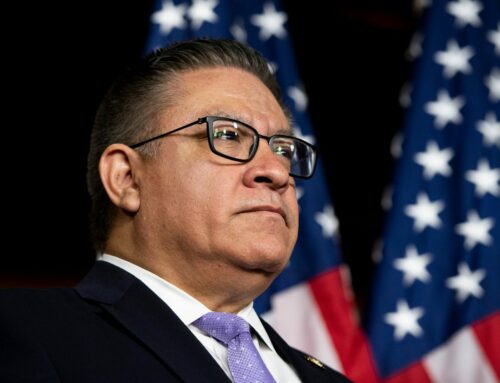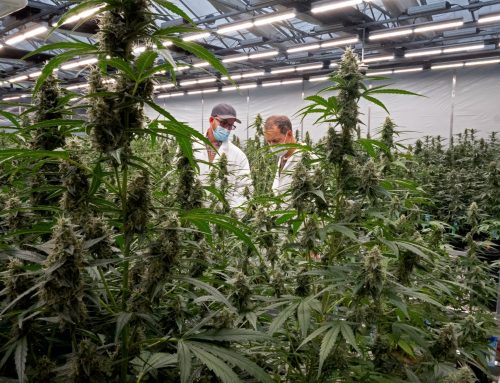New Research: Cannabis Not Connected To Rise In Substance Abuse
PHILADELPHIA – Colorado and Washington legalization of cannabis is not associated with any increase in teens or young adults seeking drug abuse treatment for hard drugs like opioids, cocaine, or methamphetamine, according to data published in the Journal of Substance Abuse Treatment.
Researchers from Temple University in Philadelphia and the University of Tennessee in Knoxville compared pre- and post-legalization trajectories of substance abuse treatment admissions rates in Colorado and Washington to a set of other US states that did not legalize recreational marijuana use. Specifically, investigators assessed treatment admissions for opioids, cocaine, and methamphetamine among those between 12 and 24 years of age.
Authors failed to identify any uptick in drug treatment admissions in either Colorado or Washington post-legalization, nor did the treatment trajectories in those states significantly differ from the trajectories in comparable states that did not liberalize their cannabis laws.
They reported: “To the best of our knowledge, this is the first study to investigate whether RML [recreational marijuana legalization] in the U.S. led to an increase in SUD [substance use disorder] treatment admissions [for] illicit drugs other than marijuana. We found that the legalization of recreational marijuana use in Colorado and Washington did not result in an increase in SUD treatment admissions for cocaine, opioids, or methamphetamines among adolescents or emerging adults.”
Commenting on the study’s findings, NORML’s Deputy Director Paul Armentano said: “This data further undermines longstanding claims that marijuana acts as any sort of a ‘gateway’ to the abuse of other controlled substances – an allegation that has, historically, largely guided prohibitionist-based marijuana policies in the United States despite a lack of hard evidence.”
Separate data released late last year by the US Centers for Disease Control similarly reported that the number of adolescents admitted to drug treatment programs for marijuana-related issues has fallen precipitously in states that have legalized and regulated its adult-use. Data published in 2019 in the journal JAMA Pediatrics also reported that the enactment of laws regulating the use of cannabis by adults is associated with declines in self-reported marijuana use by young people.
Full text of the study, “Treatment admissions for opioids, cocaine, and methamphetamines among adolescents and emerging adults after legalization of recreational marijuana,” appears in the Journal of Substance Abuse Treatment. Additional information is provided in the NORML fact sheet, “Marijuana Regulation and Teen Use Rates.”



































